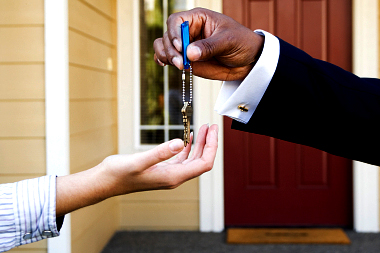What do you want to look for in a vacation home?
With summer slowly approaching, the clock is ticking for people who are trying to find the perfect vacation home. Here at Tenant File, we’ve compiled a checklist of the top 5 things you should look for when trying to find your summer rental.
1. Good price – Look around the area where you’re thinking about renting and compare prices before jumping the gun on the first home you see. You want to make sure you’re getting your money’s worth and not paying too much.
2. Location, location, location! – Once you know what kind of area you want to spend your summer in (suburb, city, beach town, etc.) do some research to select the perfect area. You want to make sure the place you’re living in fits the description of where you want to spend your time.
3. Furnished – Unless you have an entire furniture set ready for your summer rental, make sure you look for a place that comes furnished and ready to move in. Having to buy and move furniture into the home is just another large expense that can be avoided.
4. Lease time – Do you want a week-to-week lease or month-to-month lease? It’s important to know what time frame you’re looking at so you and your landlord can create a solid agreement.
5. Comfort – Comfort is key! Your vacation home is where you’ll be spending a decent amount of time so you want to make sure that you feel comfortable in it and know you’ll be comfortable living there.






